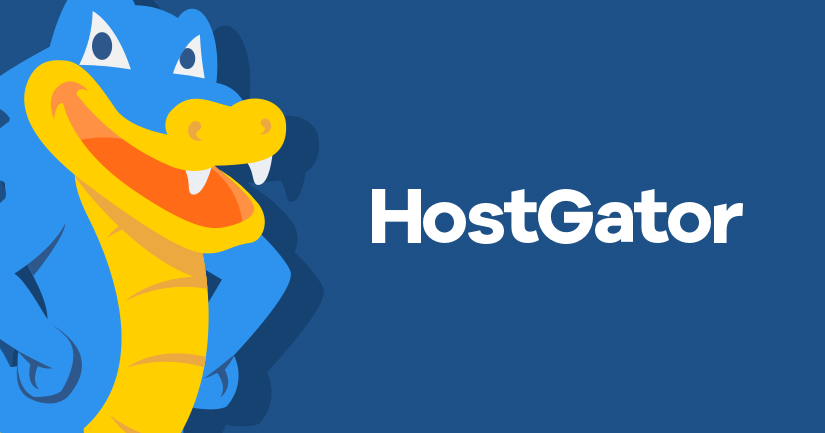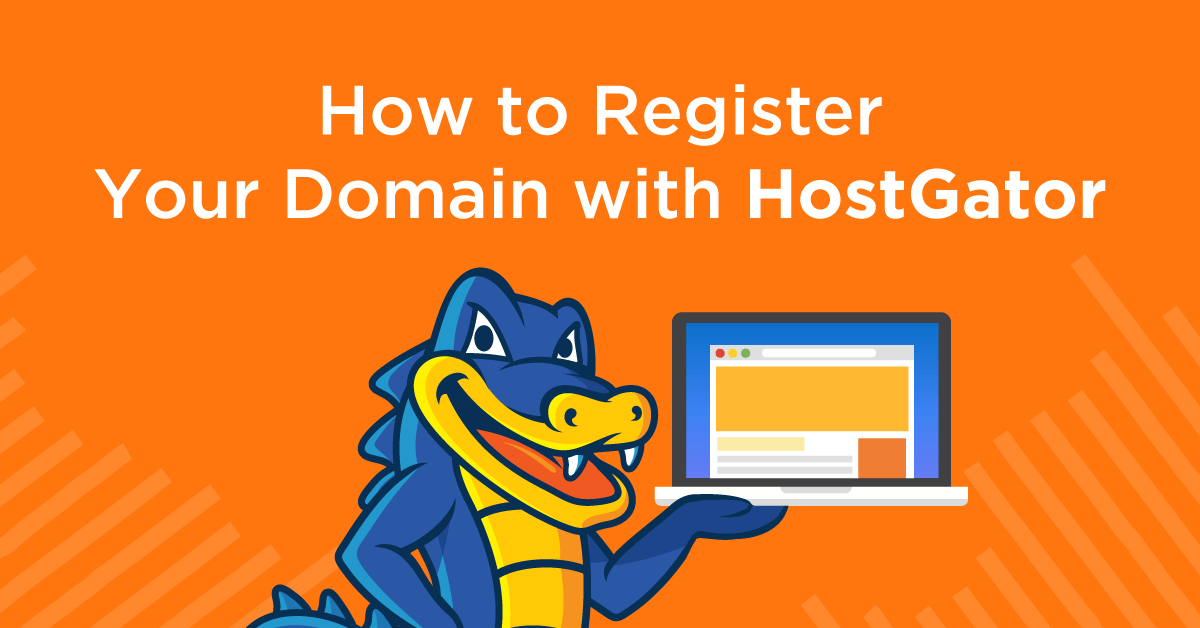Contents
- 1 10 Tips for Maximizing Your HostGator Experience
- 2 1. Choose the Right Hosting Plan
- 3 2. Take Advantage of the Website Builder
- 4 3. Utilize Free SSL Certificates
- 5 4. Optimize Website Speed
- 6 5. Leverage HostGator’s Knowledge Base
- 7 6. Regularly Update Your Website Software
- 8 7. Monitor Uptime and Performance
- 9 8. Utilize Email Hosting Features
- 10 9. Backup Your Website Regularly
- 11 10. Contact HostGator Support When Needed
- 12 Additional Tips for Long-Term Success
10 Tips for Maximizing Your HostGator Experience
HostGator is one of the most popular web hosting providers, offering reliable services, competitive pricing, and user-friendly tools. However, to get the most out of your HostGator hosting plan, you need to optimize its use. This guide provides 10 actionable tips to help you maximize your HostGator experience, whether you’re hosting a blog, an e-commerce site, or a business portfolio.

1. Choose the Right Hosting Plan
HostGator offers a variety of hosting options, including shared, VPS, cloud, and dedicated hosting. Evaluate your website’s requirements before choosing a plan:
Shared Hosting is great for beginners with low-traffic websites.
Cloud Hosting provides enhanced speed and scalability for growing websites.
VPS and Dedicated Hosting are ideal for resource-intensive or high-traffic sites.
Opt for a plan that aligns with your current needs while allowing room for growth.
2. Take Advantage of the Website Builder

HostGator includes a free website builder with drag-and-drop functionality, making it easy to create a professional-looking site without coding knowledge. Use the templates and customization options to design a responsive, SEO-friendly website.
3. Utilize Free SSL Certificates
Security is critical for any website. HostGator offers free SSL certificates with most hosting plans, which encrypt data and improve trustworthiness. Make sure your SSL certificate is activated to protect user data and boost your search engine rankings.
4. Optimize Website Speed

Website speed significantly impacts user experience and SEO rankings. To optimize performance:
Use caching plugins like W3 Total Cache or WP Super Cache if you’re running a WordPress site.
Compress images using tools like TinyPNG.
Enable Cloudflare (free with HostGator) for content delivery network (CDN) services and additional speed improvements.
5. Leverage HostGator’s Knowledge Base

HostGator has an extensive knowledge base filled with articles, tutorials, and guides on website management, troubleshooting, and optimization. Use this resource to solve common issues and learn how to use the hosting tools effectively.
6. Regularly Update Your Website Software
Outdated software can leave your website vulnerable to security risks and bugs. If you’re using a content management system (CMS) like WordPress, make sure:
Core files, plugins, and themes are regularly updated.
Unused plugins and themes are deleted to reduce vulnerabilities.
You enable automatic updates whenever possible.
7. Monitor Uptime and Performance

HostGator promises 99.9% uptime, but monitoring your website’s uptime ensures you’re aware of any potential downtime. Use tools like Uptime Robot or Pingdom to track performance. If uptime issues occur, contact HostGator’s 24/7 support to resolve them.
8. Utilize Email Hosting Features
HostGator provides email hosting with most plans. Create custom email addresses for your domain, such as info@yourdomain.com, to enhance professionalism. Configure email clients like Outlook or Gmail to manage these accounts efficiently.
9. Backup Your Website Regularly
While HostGator offers automatic backups for some plans, it’s always wise to have your own backups. Use tools like:
CodeGuard, which is available as an add-on for automated backups.
UpdraftPlus or similar WordPress plugins for on-demand backups.
Store backups in multiple locations, such as on your local system and cloud storage.
10. Contact HostGator Support When Needed
HostGator’s 24/7 customer support is one of its strengths. Whether you need help with migration, billing, or technical issues, reach out via:
- Live Chat for quick responses.
- Phone Support for complex queries.
- Ticketing System for detailed issues that may require follow-up.
Don’t hesitate to contact support when you encounter challenges—they’re there to help.
Additional Tips for Long-Term Success
- Use Analytics Tools: HostGator integrates well with Google Analytics, enabling you to track your site’s performance and user behavior.
- Upgrade When Necessary: As your website grows, monitor resource usage and upgrade to a higher-tier plan to avoid performance bottlenecks.
- Secure Your Account: Use strong passwords for your HostGator account and enable two-factor authentication for enhanced security. How to Migrate Your Website to HostGator Cloud






